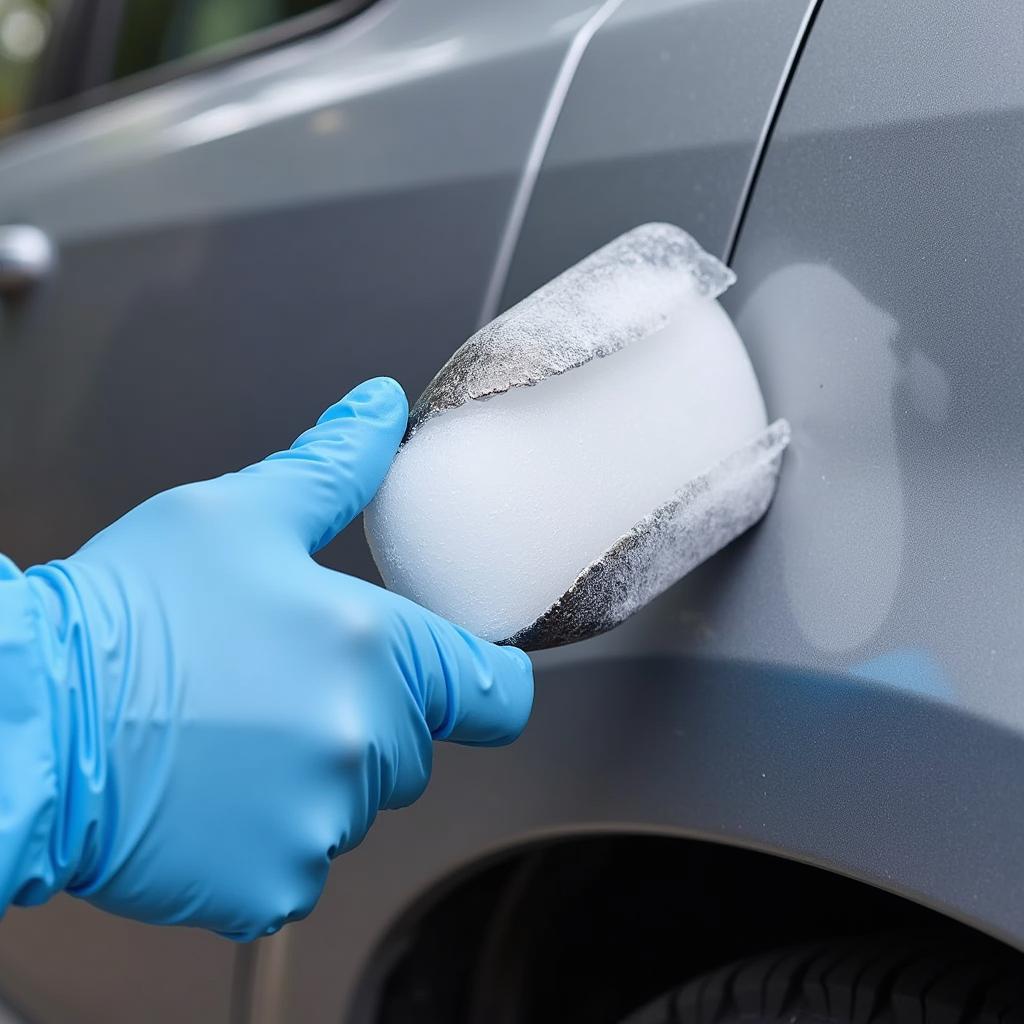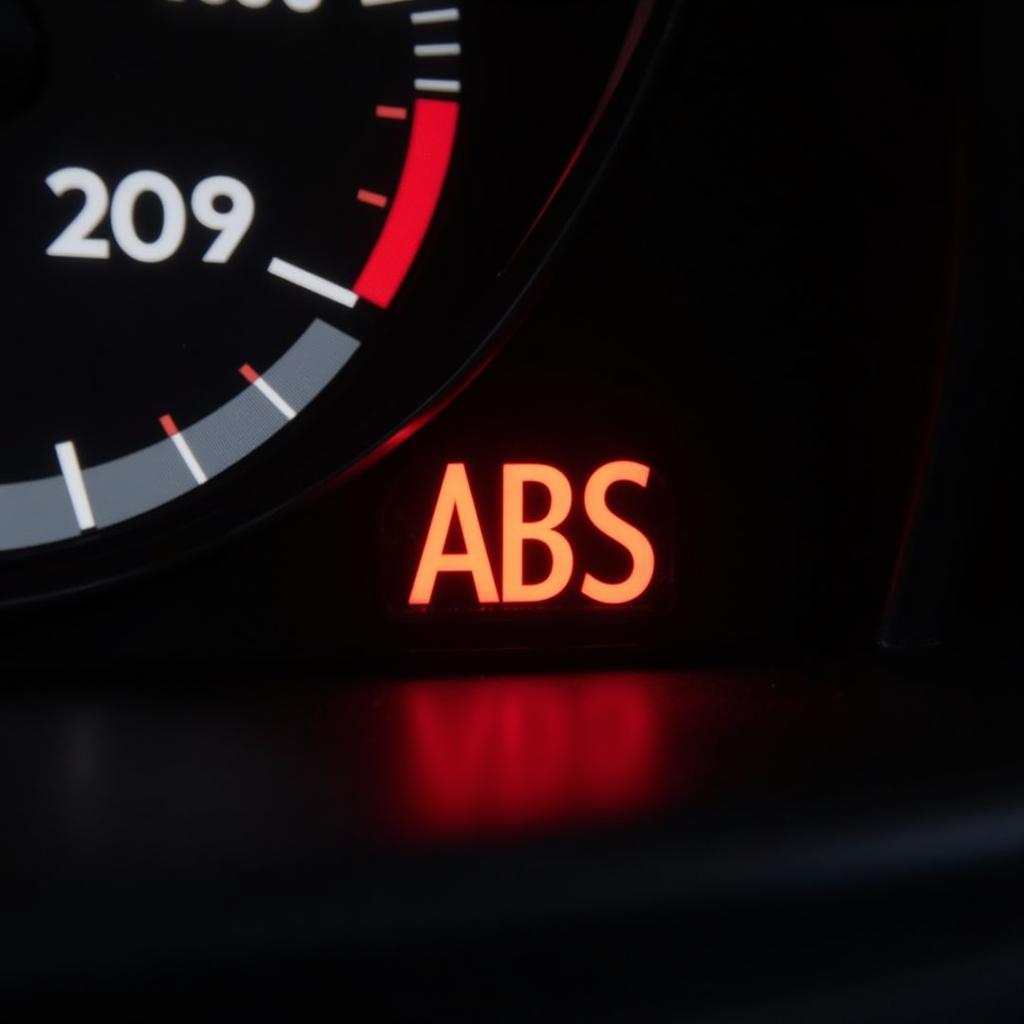Fixing Car Amp Interference Noise can be frustrating. This guide provides practical solutions to diagnose and eliminate noise interference, ensuring a clear and enjoyable car audio experience.
Understanding Car Amp Interference Noise
Car amp interference noise manifests as unwanted sounds like whining, buzzing, hissing, or static that contaminate your car’s audio output. These noises can stem from various sources, including the car’s electrical system, improperly grounded components, or poor-quality wiring. Identifying the root cause is crucial for effective troubleshooting.
One common culprit is a ground loop, which occurs when two or more components share a common ground point with different voltage potentials. This creates a circular current flow, inducing noise in the audio system. how to fix car audio noise discusses general car audio noise solutions, which can also be applicable to amplifier interference. Another potential issue is alternator whine, a high-pitched noise synchronized with the engine’s RPM. This often indicates a poor ground connection or a faulty alternator.
Why is my car amp making a whining noise?
Alternator whine is a common type of car amp interference noise, characterized by a high-pitched whine that changes with engine speed. This typically points to a problem with the amplifier’s power supply or grounding.
Diagnosing and Fixing Car Amp Interference Noise
Diagnosing amp noise requires a systematic approach. Start by checking the amplifier’s power and ground connections. Ensure they are tight and free of corrosion. A loose or corroded ground connection is a frequent cause of noise. Next, inspect the RCA cables connecting the head unit to the amplifier. Damaged or poorly shielded cables can pick up interference. You can also try temporarily disconnecting other electrical accessories in the car to see if the noise disappears, which can help pinpoint the interference source. how to fix car charger ringing offers insights into dealing with noise from chargers, which can sometimes interfere with the car audio system as well.
Eliminating Ground Loops
Ground loops are a common source of amp interference noise. To break a ground loop, ensure that all components in your audio system share a common ground point, preferably directly to the car’s chassis. Use high-quality grounding wires and connectors to minimize resistance.
Suppression of Alternator Whine
Addressing alternator whine often involves improving the amplifier’s grounding. Ensure a solid connection to a clean, unpainted metal surface on the car chassis. Using a ground loop isolator on the RCA cables can also be effective in isolating the amplifier’s ground from potential noise sources. how to fix car speaker static provides information about static noise, which while different from whine, can share similar causes and solutions.
“A properly grounded amplifier is the cornerstone of a clean audio system,” says John Miller, a veteran car audio technician with over 20 years of experience. “Don’t underestimate the importance of using high-quality wiring and connectors.”
How do I eliminate static noise from my car amp?
Static noise from your car amp can indicate a problem with the RCA cables, the head unit, or even a faulty amplifier. Check the RCA connections, try different cables, and isolate potential interference sources.
Conclusion: Fixing Car Amp Interference Noise
Fixing car amp interference noise involves a systematic approach of identifying and eliminating the underlying cause, whether it’s a ground loop, alternator whine, or poor wiring. By following the steps outlined in this guide, you can achieve a clean and enjoyable car audio experience, free from unwanted noise. Remember to always double-check your wiring and grounding, as these are often the primary culprits. If you need further assistance, connect with us at AutoTipPro at +1 (641) 206-8880. Our office is located at 500 N St Mary’s St, San Antonio, TX 78205, United States.
“Attention to detail is key when troubleshooting car audio noise,” advises David Lee, an experienced car electronics installer. “Even seemingly minor issues can contribute to significant interference.” high notes sound distortion fix car speakers can also help identify other speaker-related problems that may contribute to distortion or noise.
FAQ
- What is the most common cause of car amp interference noise? Ground loops and poor grounding are the most frequent culprits.
- How can I tell if I have a ground loop? A humming or buzzing noise that varies with engine speed is a strong indicator of a ground loop.
- Can a faulty alternator cause amp noise? Yes, a faulty alternator can introduce noise into the car’s electrical system, affecting the amplifier. how to fix am static noise on car speakers addresses specific noise related to AM radio, which can sometimes be relevant to amplifier issues.
- What are RCA cables, and how can they contribute to noise? RCA cables carry the audio signal from the head unit to the amplifier. Damaged or poorly shielded cables can pick up interference.
- What is a ground loop isolator? A ground loop isolator breaks the electrical connection between two components, preventing ground loops.
- What is alternator whine? Alternator whine is a high-pitched noise synchronized with the engine’s RPM, often caused by a poor ground or a faulty alternator.
- How can I improve my amplifier’s ground connection? Connect the amplifier’s ground wire directly to a clean, unpainted metal surface on the car chassis using a high-quality ring terminal.






Leave a Reply